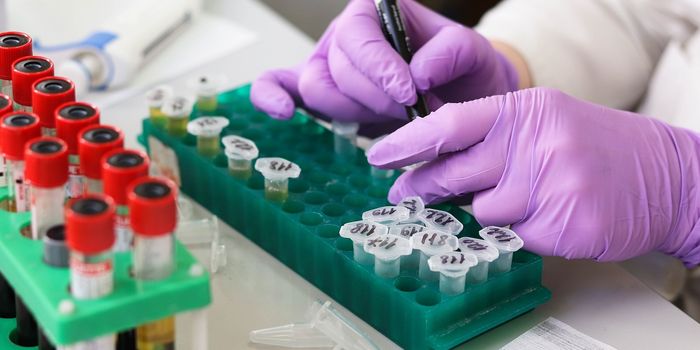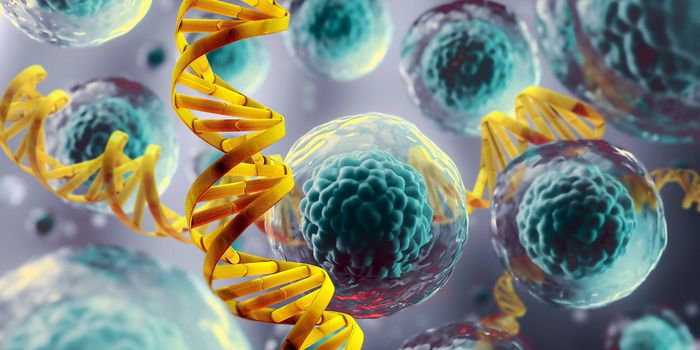Kill Cancer Gently, Kill Cancer More Completely
It’s tragically ironic that in cancer medicine, sometimes the process of killing off cancer cells can spur new tumors to form. The phenomenon is known as the “tumor growth paradox” and it illustrates the complexities behind tumor biology and highlights the need for more refined interventions when dealing with cancer.
To avoid inadvertently giving cancer the edge during treatment, researchers from the Institute of Systems Biology in Seattle, WA, say a more “gentle” approach may be key.
"Our studies, along with others, show that traditional cancer therapy may be a 'double-edged sword,' wherein the very treatment used to cure cancer is also helping it survive and grow,” explained the authors of the new study.
Chemotherapies and other treatments that hope to obliterate cancer cells can leave behind a collection of dead or dying cells. This mass of “tumor cell debris” is capable of triggering a malicious chain of events, including the promotion of new cancer cells.
As it turns out, the surface of these cells have a lipid called phosphatidylserine, which “generates a 'cytokine storm' of pro-inflammatory pro-tumorigenic cytokines." This inflammatory process can act like a breeze that reignites the few smoldering cancer cells that survived the initial treatment. And with time, another cancer wildfire begins anew.
The authors describe this as “the 'perfect storm' for cancer progression.” They also conclude this is how conventional chemotherapy “may contribute to tumor relapse.”
Instead of focusing on harsher and more poisonous cancer drugs, the research team approached the problem from a different angle: they wanted to reduce the wind that could reignite cancer’s progression.
To do so, the team used resolvins, “a natural product of tissue that serves as a stop signal to end the inflammatory process.” In essence, this compound acts like water to stop the smoldering process in cancer cells.
Indeed, treatment with resolvins quelled the inflammatory process and stopped cancer cells from progressing. Resolvins also improved the efficacy of other anticancer drugs when treated in combination.
“In brief, we learn that when it comes to cancer therapy: 'Thou shall not kill — or kill gently and remove dead bodies immediately,'" said Sui Huang, the study’s senior author, from the Institute of Systems Biology in Seattle, WA.
"The findings underscore the old idea that killing cancer cells with more and more effective drugs may backfire," added Huang. "The tumor tissue is a reactive system that turns cell-killing therapy into double-edge[d] swords: the more you kill the more you may stimulate the surviving tumor cells.”
“Overcoming the dilemma of debris-induced tumor progression is paramount if we are to prevent tumor recurrence of treatment-resistant tumors — the major reason for [the] failure of cancer therapy,” the authors said.
Additional sources: MNT









